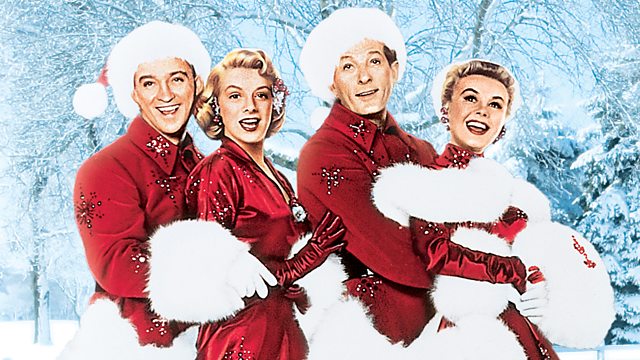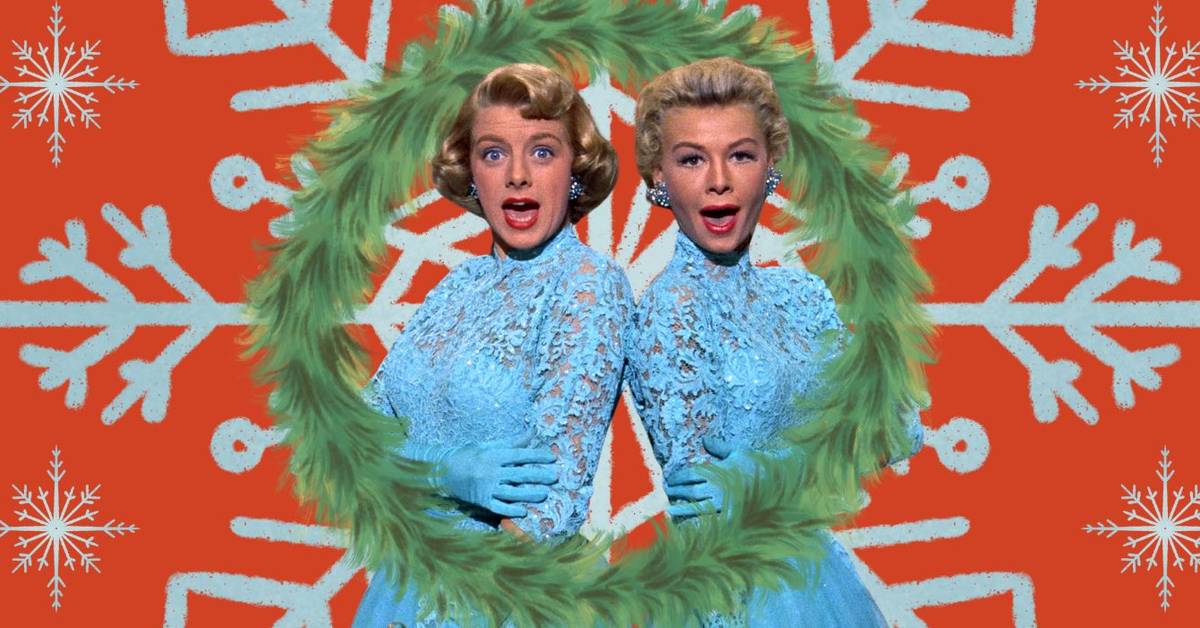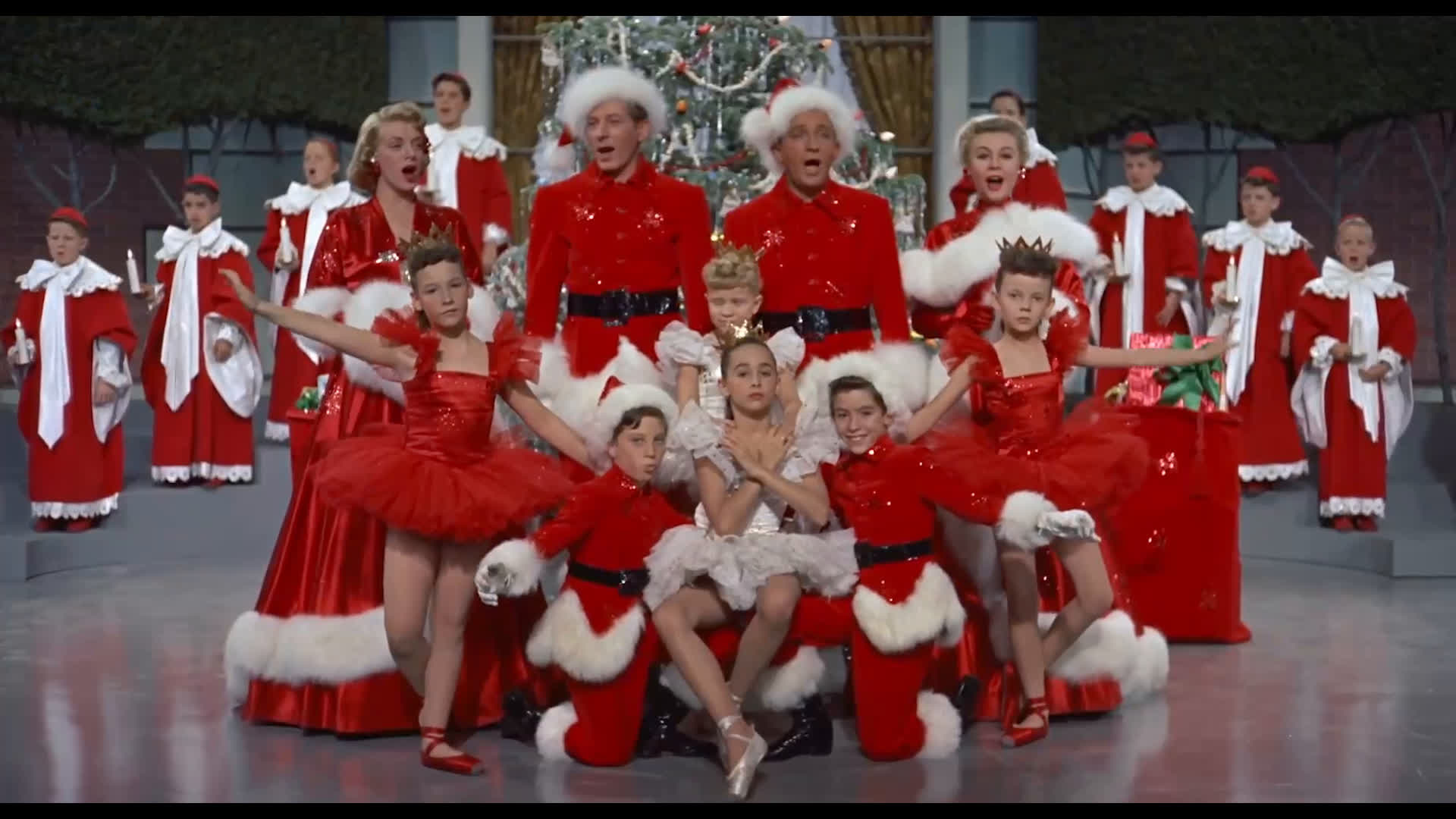❄️ A Song for the Season: White Christmas 2 (2026)

Sometimes, the world needs a little more music — and White Christmas 2 (2026) is exactly that: a glorious encore to one of cinema’s most beloved holiday treasures. In an age of noise and cynicism, it dares to sing again — not louder, but truer. This sequel isn’t about recreating the past; it’s about remembering why that past still matters. With grace, humor, and golden-era warmth, the film invites audiences back to a place where snow falls like a promise, laughter fills the air, and a song can still heal what the world forgets.

The story opens decades after the Vermont winter that first brought together Bob Wallace (Bing Crosby), Phil Davis (Danny Kaye), Betty Haynes (Rosemary Clooney), and Judy Haynes (Vera-Ellen). The inn they once saved — a humble haven of friendship and melody — now faces new troubles. Tourism has faded, debts have risen, and the holiday spirit seems dimmed by time. But when a snowstorm traps a new wave of travelers on Christmas Eve, fate once again calls the old friends to the stage. What begins as nostalgia soon becomes renewal — a reunion not of fame, but of faith in joy.
Bing Crosby, timeless as ever, returns with his signature warmth — that velvet voice still capable of melting frost and hearts alike. His Bob Wallace feels older, yes, but also wiser, touched by the gentle melancholy of memory. Danny Kaye’s Phil Davis still dances through life with restless energy, his humor cutting through sentiment with perfect timing. Together, their camaraderie remains effortless — a blend of mischief, loyalty, and the unspoken understanding that only decades of friendship can create.

Rosemary Clooney glows with poise and emotional depth as Betty, the beating heart of the story. Her songs soar, her presence anchors every scene she graces. And Vera-Ellen, radiant as ever, turns choreography into storytelling — each dance a language of elegance and emotion. Watching these four together again feels like seeing the stars realign — a reunion that doesn’t just echo the original, but enriches it with time’s quiet wisdom.
The plot may seem simple — save the inn, rekindle the show — but beneath the snowflakes lies something more profound: a meditation on aging, legacy, and the resilience of joy. There’s a bittersweet awareness here, a recognition that the people who once danced through youth now move more carefully, but with deeper meaning. When Crosby sings “Count Your Blessings Instead of Sheep,” it’s no longer just a lullaby — it’s a benediction.
Visually, the film is a love letter to classic Hollywood. The Technicolor glow has been lovingly restored, the sets brimming with post-war nostalgia: red velvet curtains, pine garlands, silver tinsel, and candlelit stages that gleam like memories reborn. Every frame is composed with painterly precision, inviting audiences into a world where snow always sparkles and hearts always mend.

The music, as expected, is the film’s soul. Irving Berlin’s timeless melodies blend with newly composed songs that honor his legacy. Big-band brass and soft strings weave through the narrative, carrying both the grandeur of spectacle and the intimacy of reflection. The final number — a sweeping reprise of “White Christmas” performed by all four leads as snow drifts gently through an open roof — feels like cinema reaching across generations to whisper, “We’re still here.”
What truly sets White Christmas 2 apart is its sincerity. It refuses to chase modern irony or reinvent what never needed fixing. Instead, it embraces the power of kindness, humor, and music as timeless forms of resistance against despair. It’s old-fashioned in the best possible way — not outdated, but enduring. The film believes, unabashedly, that generosity still matters and that love, once shared, never fades with age.
Moments of reflection give the film its heartbeat. A scene where Bob and Phil walk through the quiet inn, remembering lost friends and old songs, carries a tenderness that transcends performance. “We didn’t just make music,” Bob says softly. “We made memories that refused to fade.” In that single line lies the entire spirit of the sequel — a celebration not of perfection, but of continuity.

The humor sparkles just as brightly as the sentiment. Danny Kaye delivers slapstick gold, the banter between the brothers razor-sharp yet filled with affection. Clooney and Vera-Ellen bring warmth and wit, their chemistry undiminished by time. Together, they recreate the effortless balance of comedy and compassion that defined classic Hollywood musicals.
And in its final moments, as the lights dim and snow falls softly on the audience gathered within the inn, White Christmas 2 becomes something almost transcendent. It’s not just a sequel — it’s a resurrection of feeling, a reminder that hope can be harmonized and joy can be shared. It reminds us that the truest gift of Christmas isn’t found under trees or within songs — it’s found in the people who still believe enough to sing them.
Related movies:











